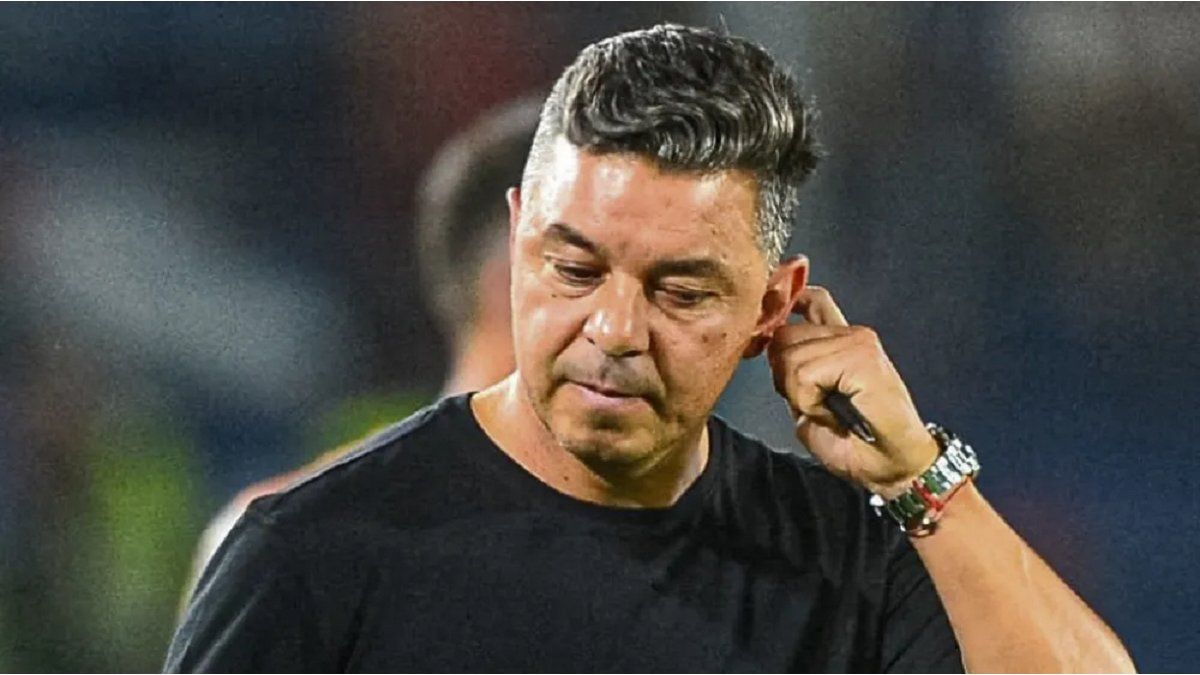As a family, it is important that adults allow them to take part, according to their age, in conversations about family finances.
Probably one of the biggest difficulties when managing our money be the uncertainty about the future. A recurring feeling that occurs in the majority of households in the country, regardless of the amount of income they receive, and a situation that young people are also part of, whether or not they manage their own finances.
The content you want to access is exclusive to subscribers.
However, on many occasions conversations about money are still taboo and adult things. According to the report “Teenagers and Finances”, carried out in 2022 by Junior Achievement and the Center for Evidence-Based Policy Evaluation (CEPE) of the Di Tella University, Only 35% of Argentine young people between 14 and 19 years old said they had participated daily in talks about the family economy. Furthermore, it is evident that Only one in four young people feels confident in managing their money.


To solve this problem, it is essential to address it comprehensively, through all the channels that young people use to learn about finances: internet, family and school (in that order, according to the report).
From the family, it is important that adults allow them to take part, according to their age, in conversations about family finances: whether it is when paying for monthly household services, children’s extracurricular activities, planning a travel, make a debt commitment, establish purchase criteria or even compare prices during weekly purchases.
Financial education: the keys to reaching young people
At the school level, seven out of ten young people mentioned that financial education is one of the most relevant subjects for the future that they could receive at school, even ahead of mathematics or computer science. Despite this demand and the approval of a National Financial Education Plan, the topic is not yet part of the official curriculum. Bringing them educational proposals in which they take ownership of the content, discover new tools and resources, learn to plan, manage, invest and make their savings intelligently profitable is the key to a robust financial base that allows them to feel capable of adding value to their lives, their families and their communities.
Taking ownership of money management from an early age is the first step to stimulating confidence, autonomy and financial health in society as a whole. From the age of 13, young people can access tools such as a virtual wallet, which offer opportunities, but also carry potential risks, including possible scams that can affect your finances. Therein lies the importance of keeping them informed, so that they learn by doing and can evaluate first-hand the consequences of their financial decisions.
Our lives are crossed by money, even more so in a country like Argentina with year-on-year inflation above 200%. We all, young and old, have the responsibility of managing it, whether to a greater or lesser extent.
From this arises the need to talk openly about finances within daily family life and offer young people the key to a toolbox to make conscious and informed decisions.
Executive Director of Junior Achievement Argentina.
Source: Ambito
David William is a talented author who has made a name for himself in the world of writing. He is a professional author who writes on a wide range of topics, from general interest to opinion news. David is currently working as a writer at 24 hours worlds where he brings his unique perspective and in-depth research to his articles, making them both informative and engaging.




